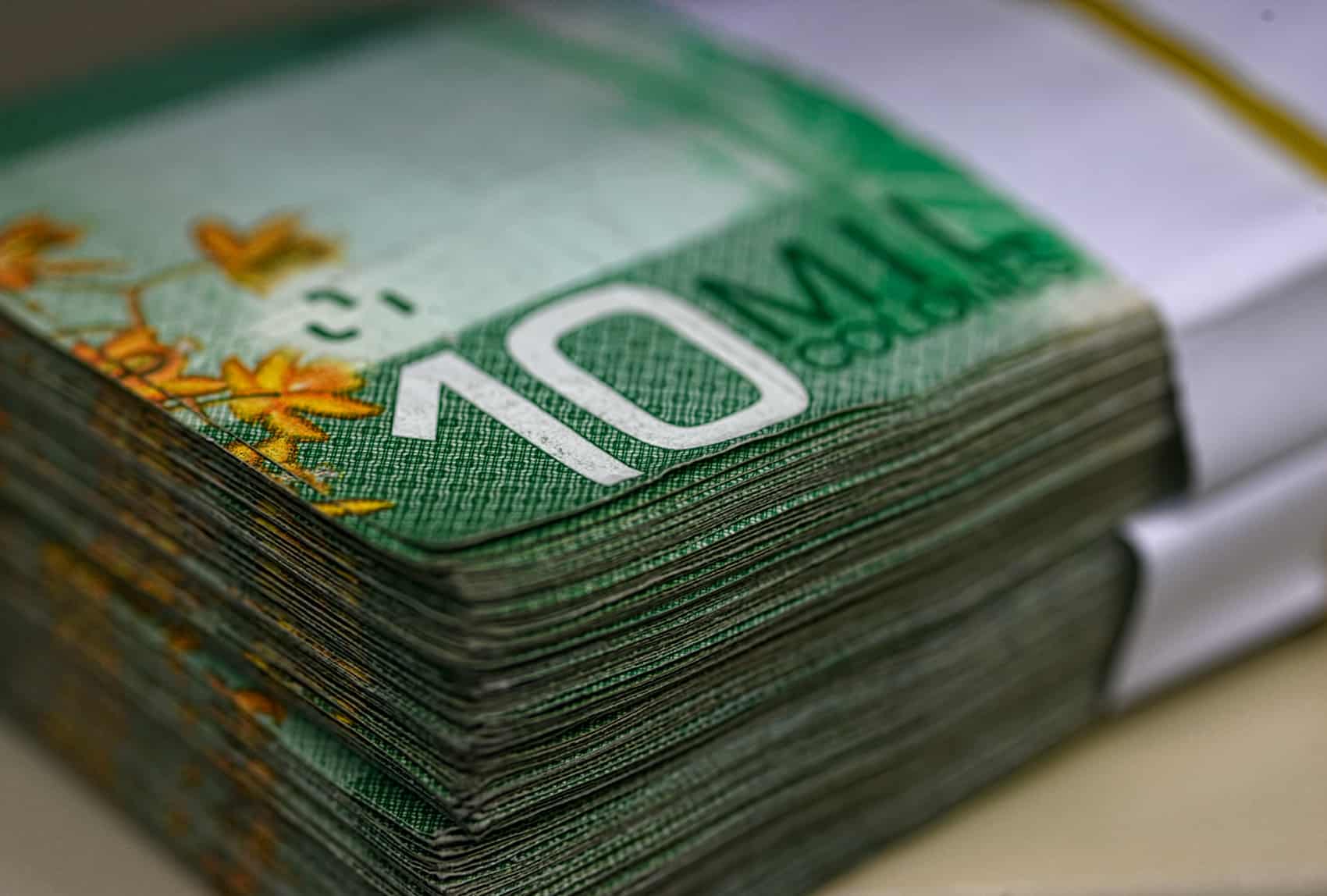The cost of living in Costa Rica seems prohibitive to many people, in particular expats form north North America who have a fixed income and tourists of modest means.
I would like to point out, as far as expats are concerned, it is a huge mistake to equate cost of living with quality of life. Many potential residents do this instead of looking what they are receiving in return for their money.
Countries like Mexico, Nicaragua, Panama, Colombia and Ecuador are a little more affordable but you are really getting what you pay for in terms of amenities. Also, there are security and stability issues in some of these countries that can affect livability.
That said, I am going to explain why Costa Rica is expensive for some.
Government Employees and Debt
Around 50 percent of Costa Rica’s annual budget is spent on government employees remunerations., i.e. salaries. Another 42 percent another goes towards serving the country’s debt most of which is in dollars.
Other contributing factors
The behavior of the colón (Costa Rica’s currency) makes prices for go up and devaluation increase the cost of the country’s national debt since most of it is in dollars, not colones. If you decrease the value of the colón, more taxes are needed to pay for the debt service.
A combination of purchasing more products from abroad than what is being produced at home, the increased cost of fuel to transport foreign goods, the additional costs of production,all add up. Business owners pay high taxes and to get their products into Costa Rica. Consequently, they have to mark up the items to compensate high costs to make a profit.
Also, laws make Costa Rica expensive; for example, mandatory tipping that is factored into restaurant bills. A lots of ingredients are imported and thus increase the cost of meals.
Since gasoline is imported, it is taxed heavily. This is perhaps the most efficient way that the government obtains revenue. Everyone who has a vehicle needs gasoline, leaving the people virtually over a barrel.
Taxes on imported goods contribute to high prices. For example, Costa Rica has the 3rd most expensive rice in the world. Indeed, agricultural protectionism make food prices high. These high tariffs (aranceles) and agricultural protectionism cause the high prices for groceries in Costa Rica.
For example, according to one expert, “All rice producers in the country belong to a government-established cartel called Corporación Arrocera (Conarroz). By law Conarroz is the only private entity allowed to import rice duty free. Moreover, rice is the only good produced by the private sector that is still subject to price controls.
Since domestic rice production normally covers national consumption for only about half a year, Conarroz can buy rice internationally at a low price, import it duty-free, and sell it in the domestic market at the same high, fixed price at which it sold the rice it produced.
Instead of passing the savings to consumers, the earnings are distributed among Conarroz members according to the amount of rice they produce each year. There are over a thousand rice producers in Costa Rica but a group of 100 large producers is responsible for 70 percent of the country’s production. They are the main beneficiaries of the protectionist scheme.”
The cost of electricity is the highest in Central America, affecting companies, small businesses and individual consumers.
Other taxes affecting the cost of living
Income tax is collected if you have a job, business, rental properties, and/or private income (non-employment income). Employment income tax is around 15 percent with self-employed people ay between 10 percent and 25 percent.
A business owner recently stated, ““We have the highest salaries in Central America; they are sometimes on par with salaries paid in industrialized nations, but we also have certain obligations such as to La Caja, (Employees pay 10.5 percent of their own salary and employers pay 26.5 percent of their employees´ salary). These costs make services and products more expensive and are passed on to the consumer.
Property transfer tax is 1.5 percent of the value of property and is paid by the purchaser.
Sales tax or VAT is 13 percent and is included in the prices oof what you purchase in stores. In restaurants 13 percent is added to the bill along with 10 percent service charge.
The majority of Ticos and expats buy second-hand cars because the price tag on new ones are very high due to all the taxes and fees. The marchamo (annual tax for a vehicle tax be able to circulate legally).
About Chris Howard
Christopher Howard Costa Rica’s foremost relocation expert and has been conducting monthly relocation/retirement tours to Costa Rica for over 30 years. See www.liveincostarica.com. He is also the author of the one- of-a-kind bestselling, New Golden Door to Retirement and Living in Costa Rica — the official guide to relocation and “Guide to Costa Rican Spanish,” that may be purchased through www.costaricabooks.com or www.costaricaspanish.net






